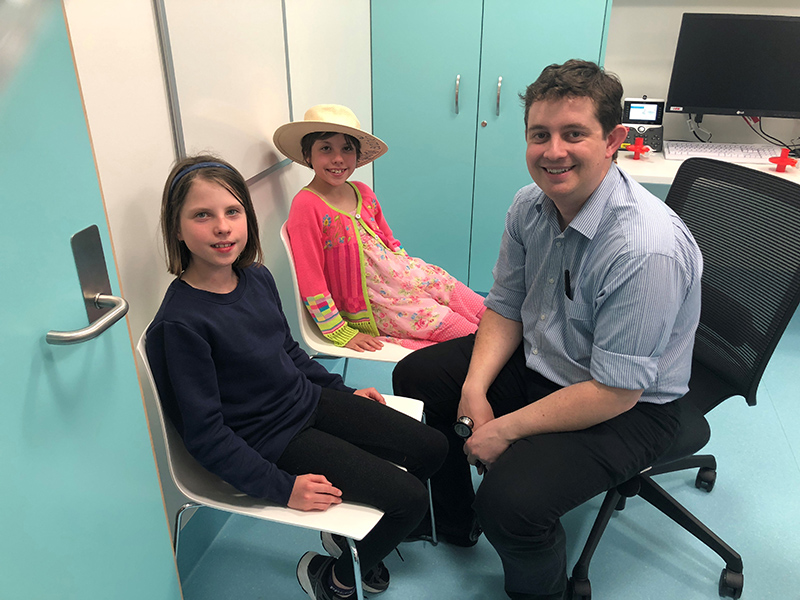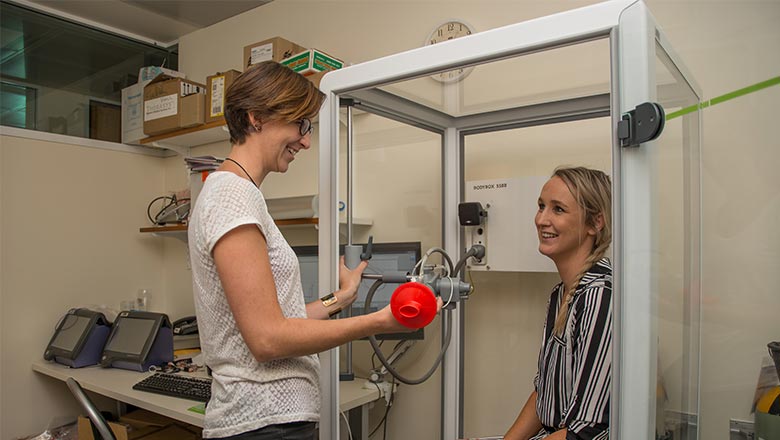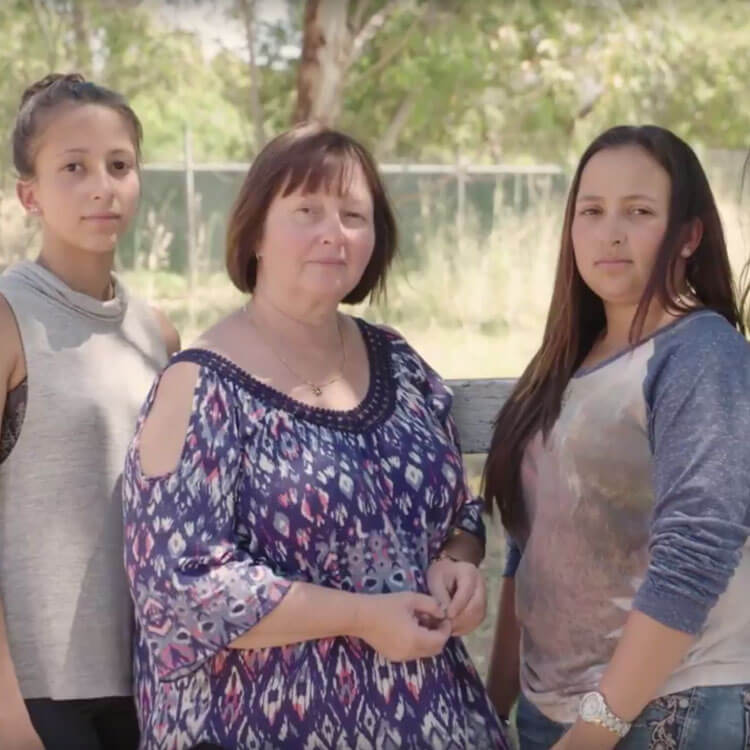Search

News & Events
Can a simple urine test predict asthma? New study aims to find outThe Kids Research Institute Australia researchers are investigating whether a simple urine test could predict whether young children with wheezing symptoms will go on to develop asthma.
News & Events
Childhood asthma targeted in new researchNew research aimed at reducing the airway damage caused by asthma attacks in children has just begun at The Kids for Child Health Research in WA.
News & Events
Telethon Institute research provides new insights into the cause of asthma attacksTelethon Institute for Child Health Research scientist Dr Anthony Bosco has been recognised for his cutting edge research investigating asthma attacks
News & Events
Asthma steroid without side effectsWestern Australia has joined a major international study that could significantly change the treatment of asthma in children.
News & Events
Every Thursday: Discussion & Technical Seminar SeriesImproving health outcomes for pregnant women with allergic asthma and their babies: Thursday 22nd May.
News & Events
New system for predicting asthma in childrenAsthma researchers at Perth's The Kids for Child Health Research are developing a world first system for predicting the severity of asthma in children

News & Events
Annual Community Lecture: You Are What You BreatheJoin us for our Annual Community Lecture entitled "You Are What You Breathe" with Professor Stephen Holgate.

News & Events
Vitamin D deficiency linked to childhood asthmaResearchers at The Kids Research Institute Australia have found children with vitamin D deficiency are more likely to develop asthma.

News & Events
Researchers urge caution in how asthma test is usedResearchers are urging caution in the use of a widely accepted test for diagnosing asthma, after their study found it may not be accurate in some settings.

News & Events
Video: The burden of asthma - Karen's storyThe Kids Research Institute Australia researchers are at the forefront of asthma research globally. Watch Karen's story to learn why it's so important.
